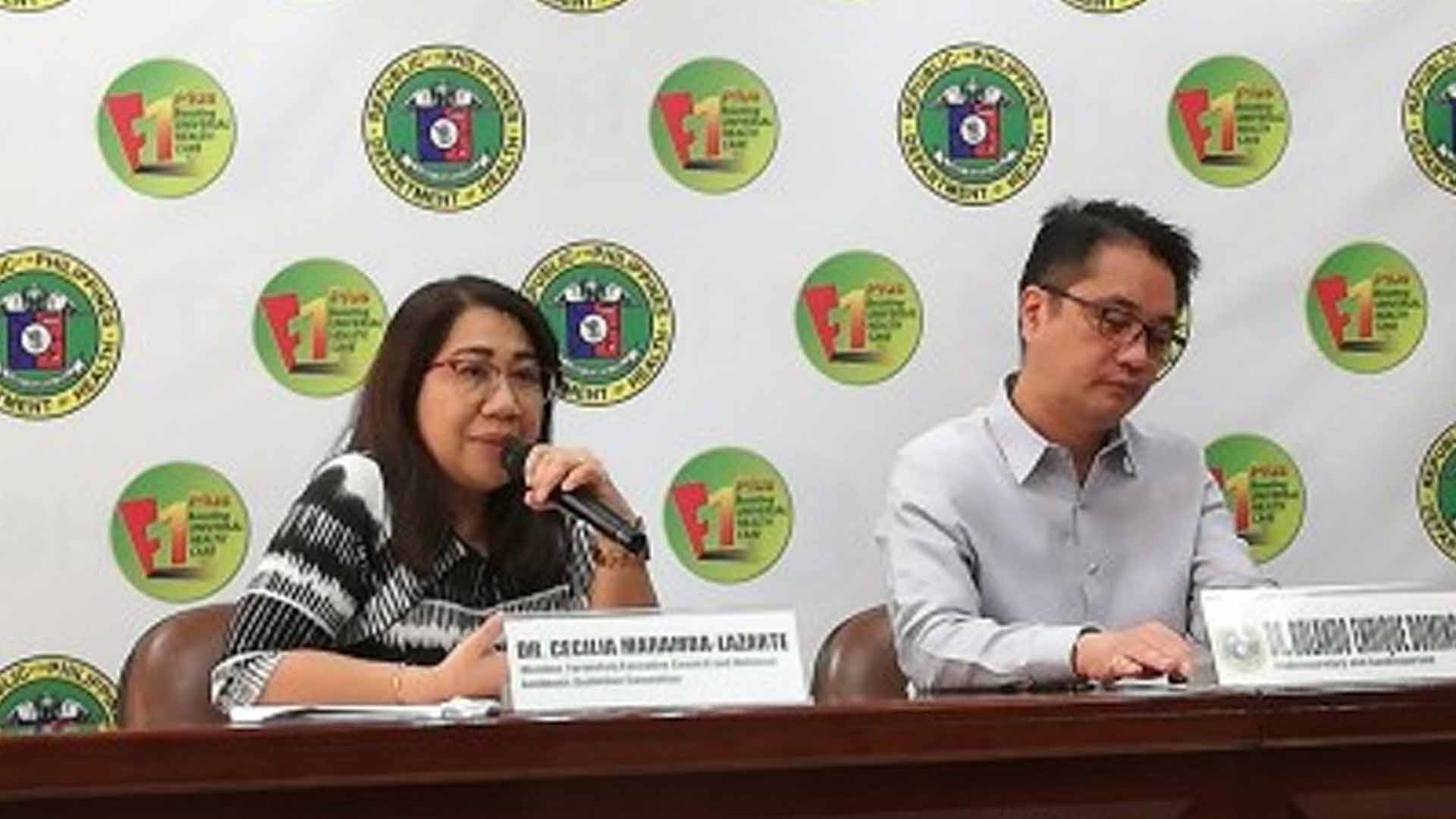Many cash-strapped Filipinos tend not to finish their dosage of antibiotics in order to save money. Little did they know that this practice will cost them bigger expenses later when their disease or infection becomes resistant to antibiotics.
“Sasabihin ng doktor one week ang antibiotic pero hindi ko na kinukumpleto dahil mahal. Minsan, five days lang, kasi iniisip ko branded, hindi naman generic ang antibiotic na nabili ko kaya okay na siguro iyon (The doctor says the antibiotic must be taken for a week but I don’t follow the doctor’s advice because it’s expensive. Sometimes, I just take it for five days since I buy branded medicines and not generic, so I think, it’s okay),” Tess Reyes, 44, told Philippine News Agency (PNA) in an interview.
Being a single mother with two children, Reyes often looks for ways to keep her daily expenses minimal so she can send her children to school.
Philippine National Formulary and National Antibiotic Guidelines representative Cecilia Maramba-Lazarte said Reyes’ practice is a form of antibiotic misuse which is as dangerous as self-medication.
“Self-medication and misuse are forms of antibiotics abuse. Patients don’t go to the doctor, they self-medicate, they ask their neighbor, ano ang ininom mo para sa ganito o noong masakit ang lalamunan mo (what did you take for this or when you had sore throat) instead of getting appropriate treatment,” Lazarte said.
Citing that most infections are viral in nature, Lazarte explained that taking antibiotics to cure them could add resistance to the bacterial population present.
“If you have an infection, go to the physician for proper assessment and laboratory tests to know whether its viral or bacterial infection and so proper drugs can be prescribed. If it is a viral infection, you don’t need an antibiotic for it,” she said.
Lazarte added that strict compliance with the doctor’s prescription is important in ensuring the total healing of the patient.
“For example, they already feel better, they’ll already stop it. This will lead to the possibility that you haven’t eradicated all the bacteria,” she said.
According to the World Health Organization, repetitive abuse of antibiotics leads to the risk of getting anti-microbial resistance.
“This means they (infections) won’t be sensitive to the usual antibiotics anymore and you’ll need stronger drugs to eradicate these bacteria,” Lazarte said.
Lazarte cited that pharmaceutical companies have stopped investing in researches in the past years because of small return of investment since antibiotics are prescribed to be taken only for a few days compared to medicines for lifestyle diseases.
“It’s possible that there would be no new ones. Taking antibiotics when we don’t need them will lead to a time when they will no longer be useful,” she added.
In line with this, a report of the Antimicrobial Resistance Surveillance Program (ARSP) said that skin infections due to staphylococcus aureus used to be curable with Oxacillin.
ARSP is a program of the Department of Health that aims to provide critical inputs to the DOH’s effort to promote rational drug use by determining the status and trends of antimicrobial resistance of selected bacteria to specific antibiotics
“In the latest data from ARSP, the Oxacillin resistance is already from 52 percent. Now, we have to use a higher drug-like Clindamycin for oral or if the patient is very sick or septic, we use Vancomycin,” Lazarte said.
She added there could only be very few drugs that can be used to cure such infection other than Vancomycin.
On September 26, the Department of Health (DOH) launched the online version of the National Antibiotic Guidelines (NAG) to guide health care providers on rational antibiotic use as part of the national effort to fight the growing public health threat of antimicrobial resistance.
The NAG also outlines the recommended approach to the treatment of common infectious diseases and aims to facilitate consistency of care and quality use of antimicrobials in all healthcare facilities.
“Antimicrobial resistance is now a significant public health threat which causes major health and economic consequences. The irrational use/misuse of antimicrobials was identified as a major driver of antimicrobial resistance (AMR) which has been associated with various management and healthcare provider concerns,” DOH Undersecretary Rolando Enrique Domingo said. (PNA)







